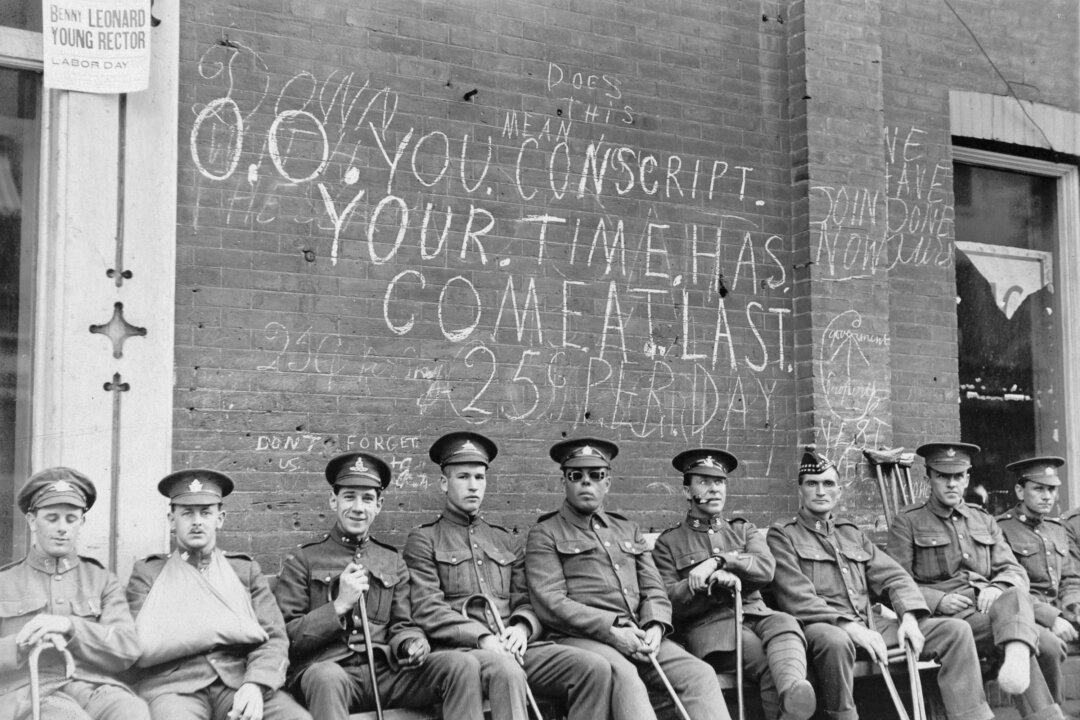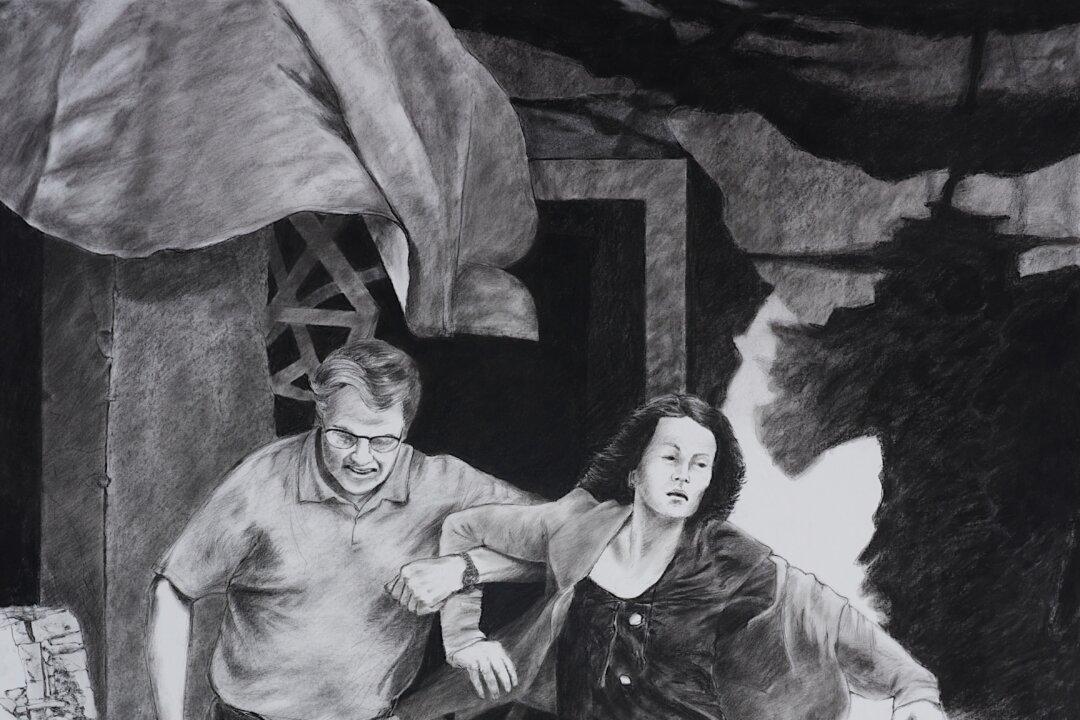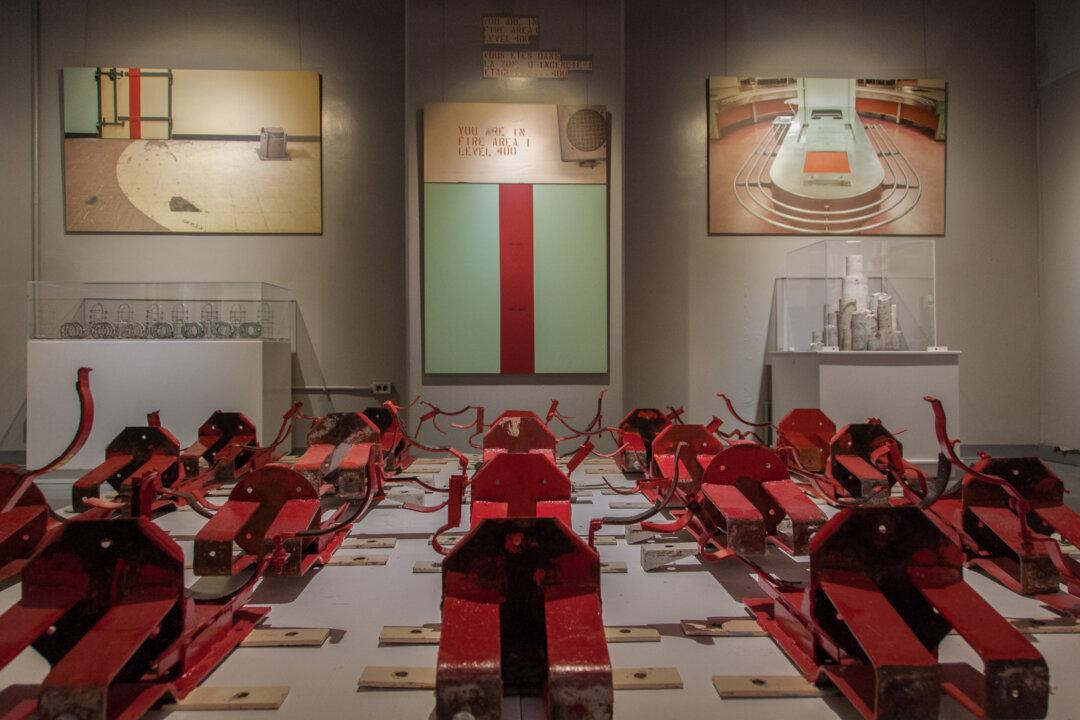The Canadian War Museum’s new permanent exhibition gallery, “The Home Front, 1917,” presents a concise depiction of how the war affected those back home by delving into the themes of politics, economy, industry, and family life.
In Canada in 1917, across the waters from war-torn Europe, discord and dissension took hold.
The federal election campaign that year became a fierce argument regarding conscription. Who should serve? Prime Minister Sir Robert Borden had pledged he would not support conscription. Then, he reversed position given that the number of voluntary recruits was extremely low compared to the number of Canadian soldiers killed in Europe.
All men between 20-45 years of age who had been living in Canada as of August 1914 were now liable for conscription. Some would serve overseas, some at home.
Who should be exempted from overseas service? Farmers? Conscientious objectors? Rioting and demonstrations broke out from coast-to-coast, from Quebec City to Vancouver.
Determining who should vote in the forthcoming federal election became critical to the election’s outcome, as we see in the museum’s display. All members of the Canadian Expeditionary Force were given the ballot, as were their wives, mothers, daughters, and sisters.
Granting the vote to women whose next of kin were serving in the war was Borden’s way of boosting his chances of winning the election.
However, 50,000 Canadians born in “enemy countries” or those who had registered as conscientious objectors lost their right to vote in the election. Film clips are effectively integrated into the didactic content.
By the end of 1917, 400,000 men had been called to serve. Of these, 380,510 asked for exemptions. Local tribunals granted 75 percent of these requests. There is a war to be won, but the fields must be planted and harvested.
No one could have imagined that the so-called Great War would become, soon enough, the staging ground for the Second World War, and the concomitant struggles of today.
Maureen Korp, PhD, is an independent scholar, curator, and writer who lives in Ottawa. Author of many publications, she has lectured in Asia, Europe, and North America on the histories of art and religions. Email: [email protected]





